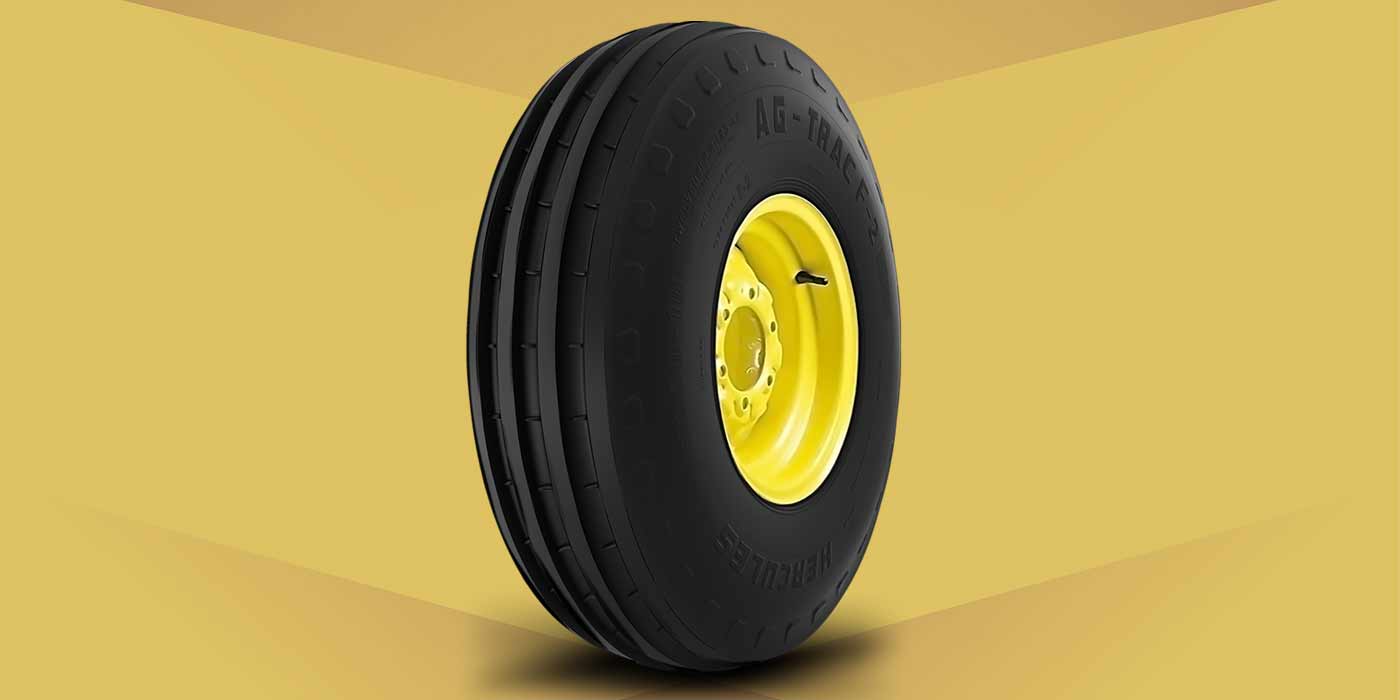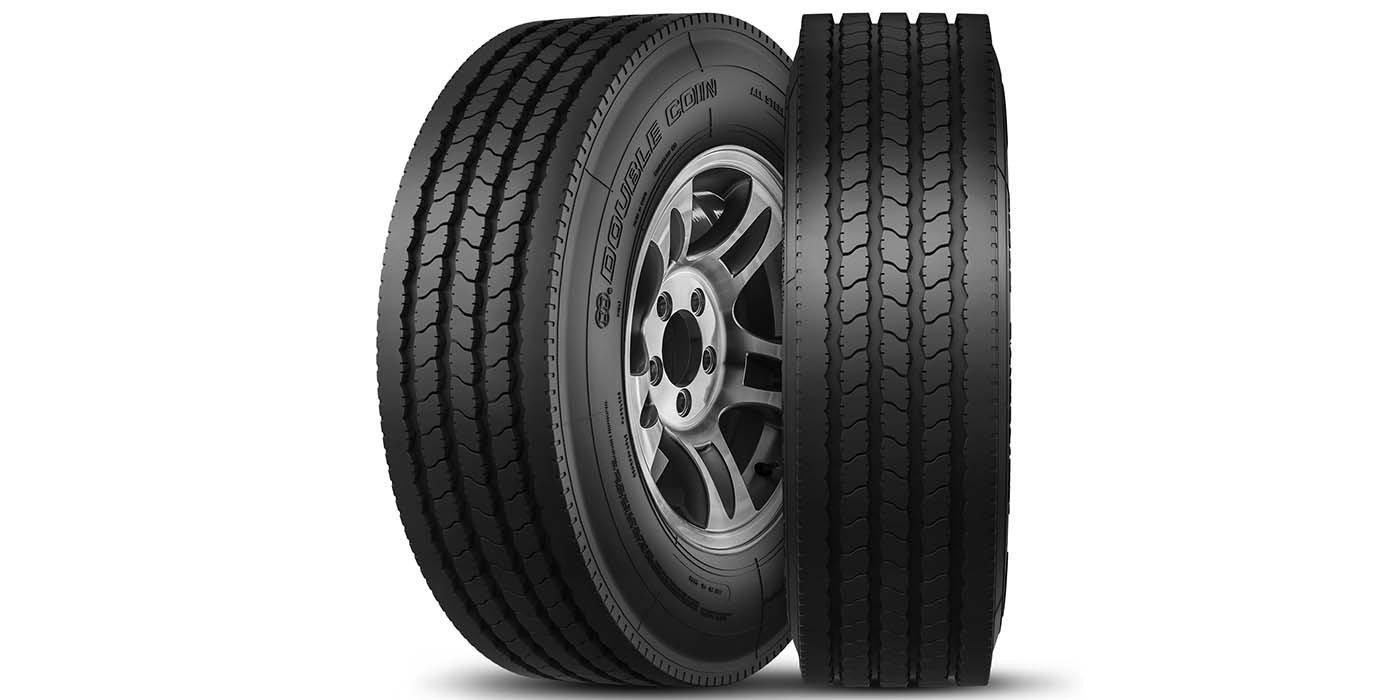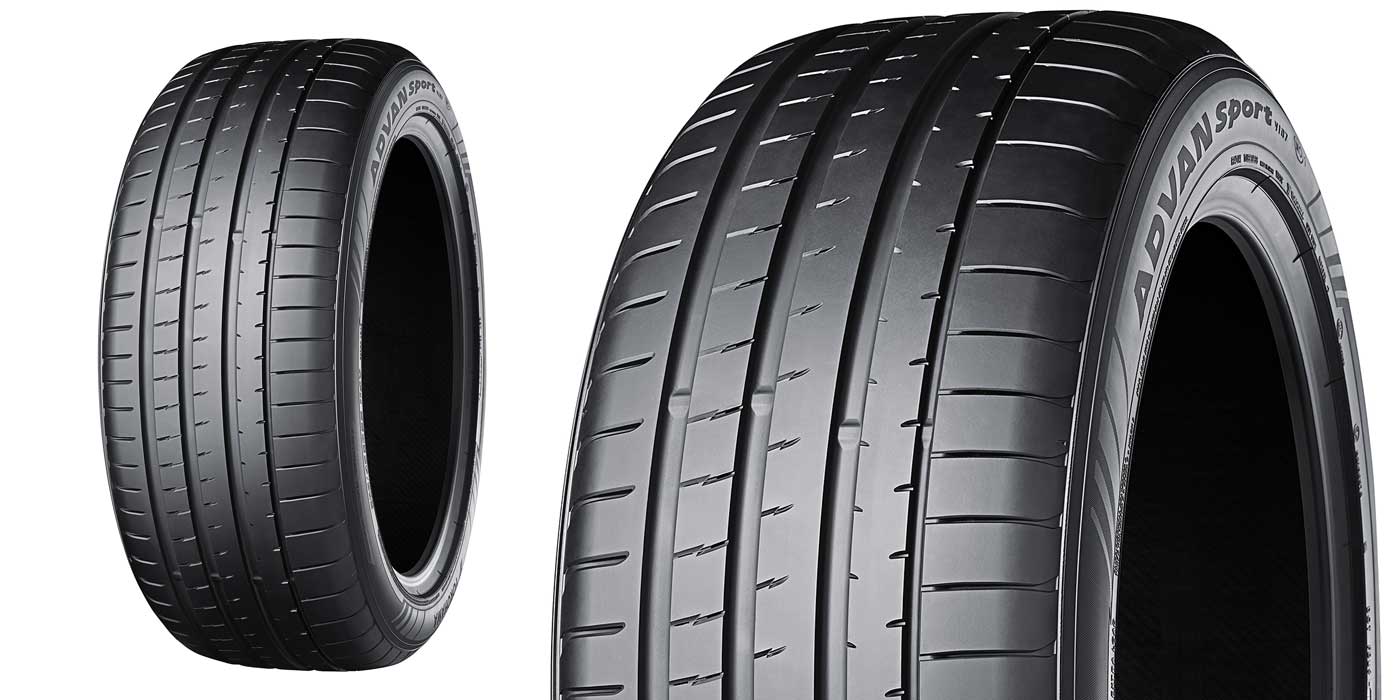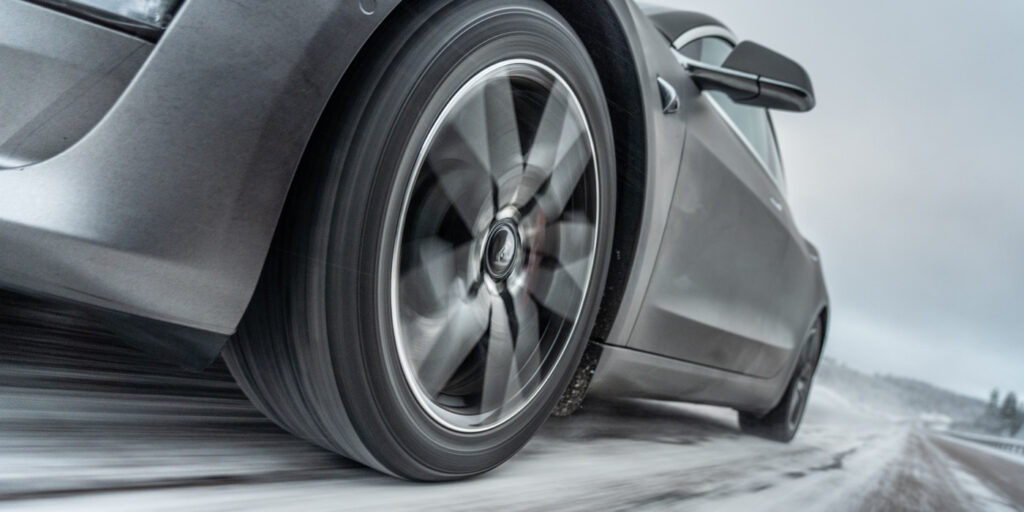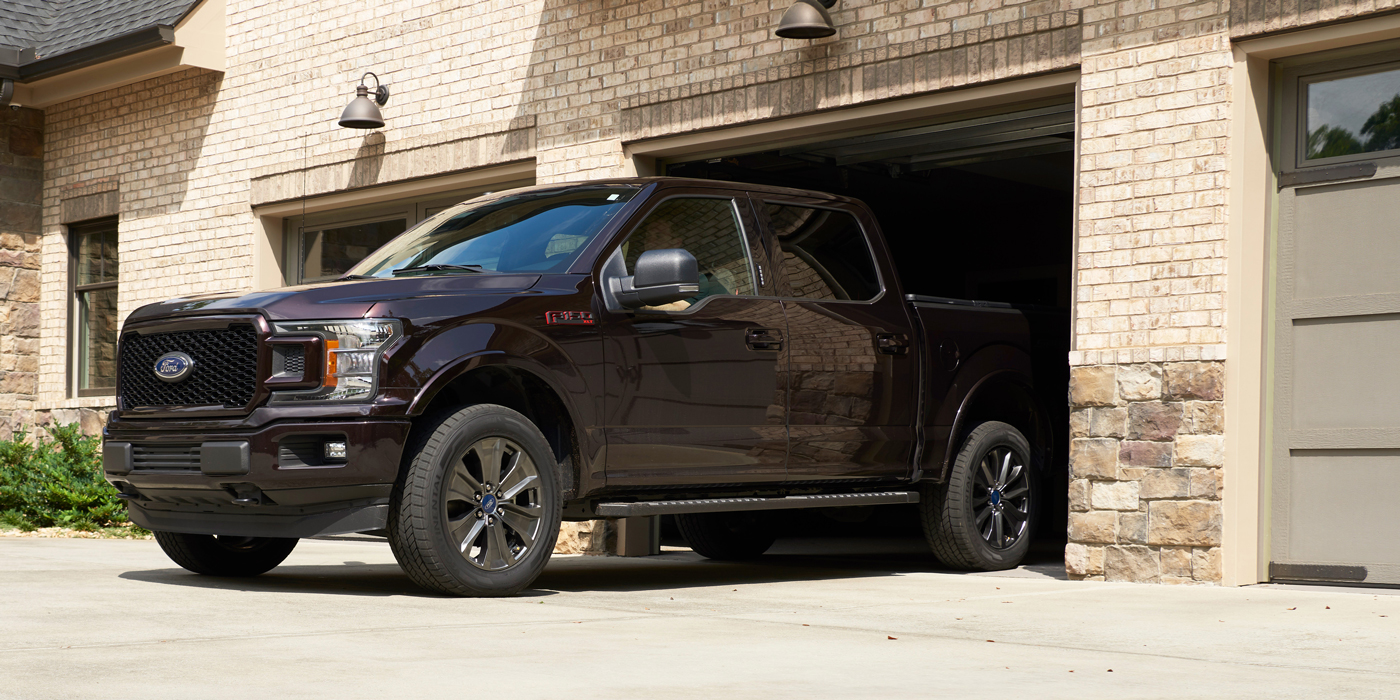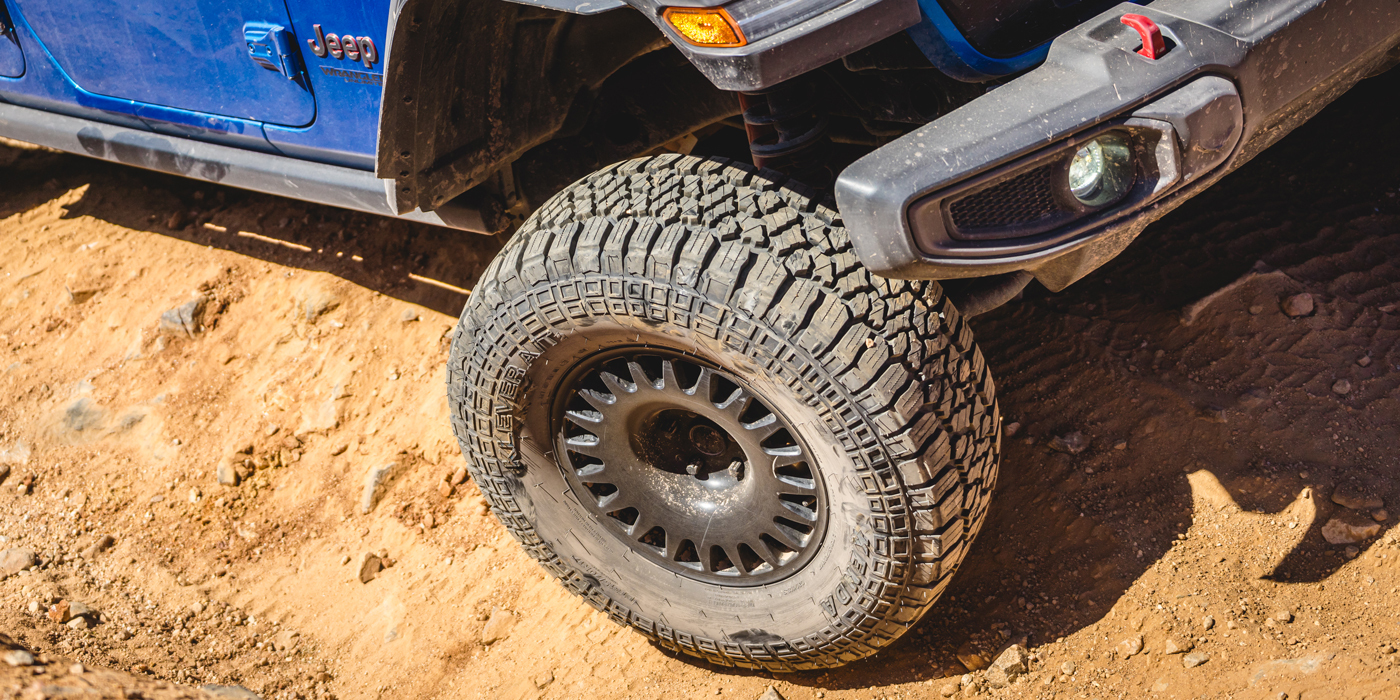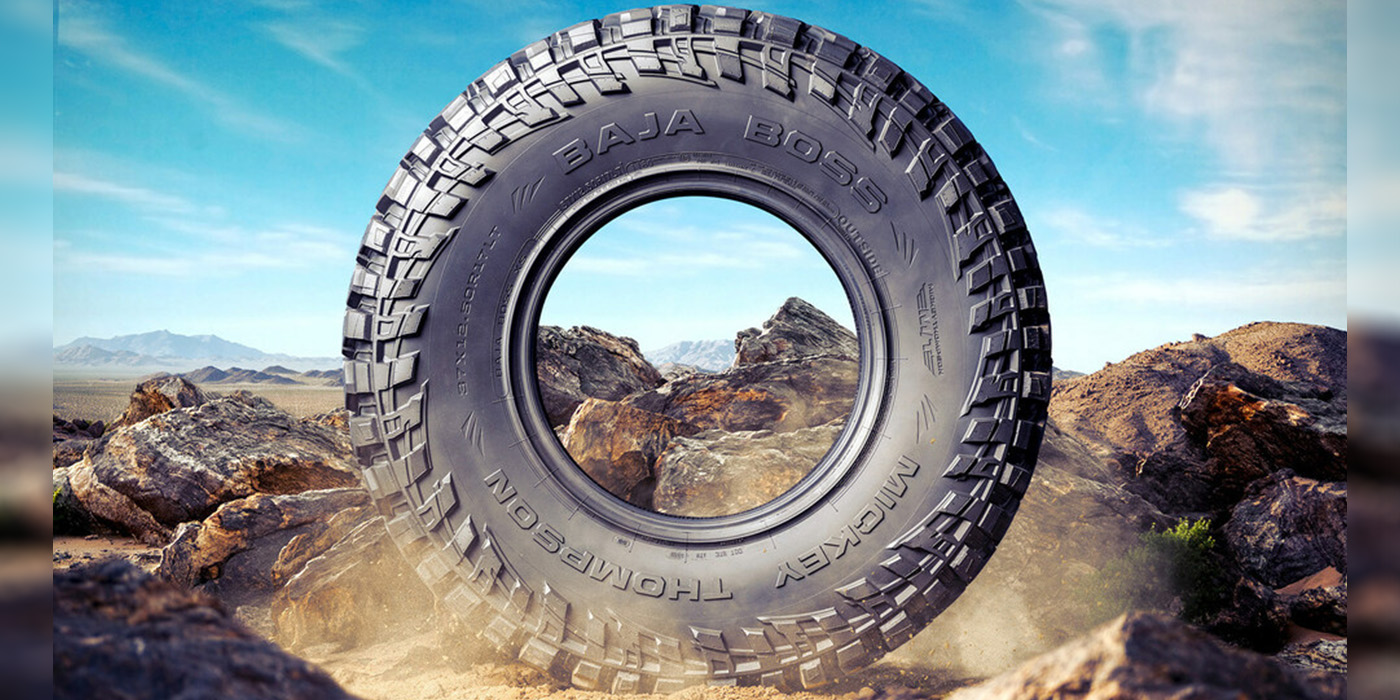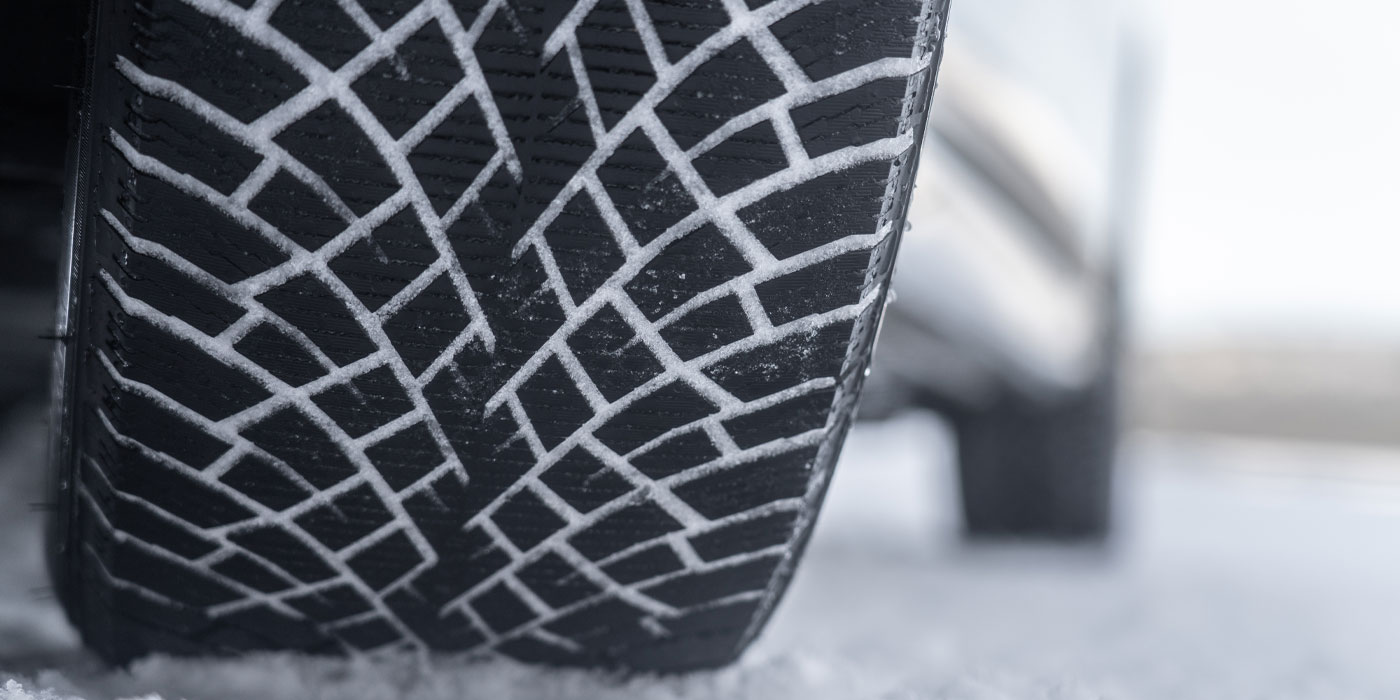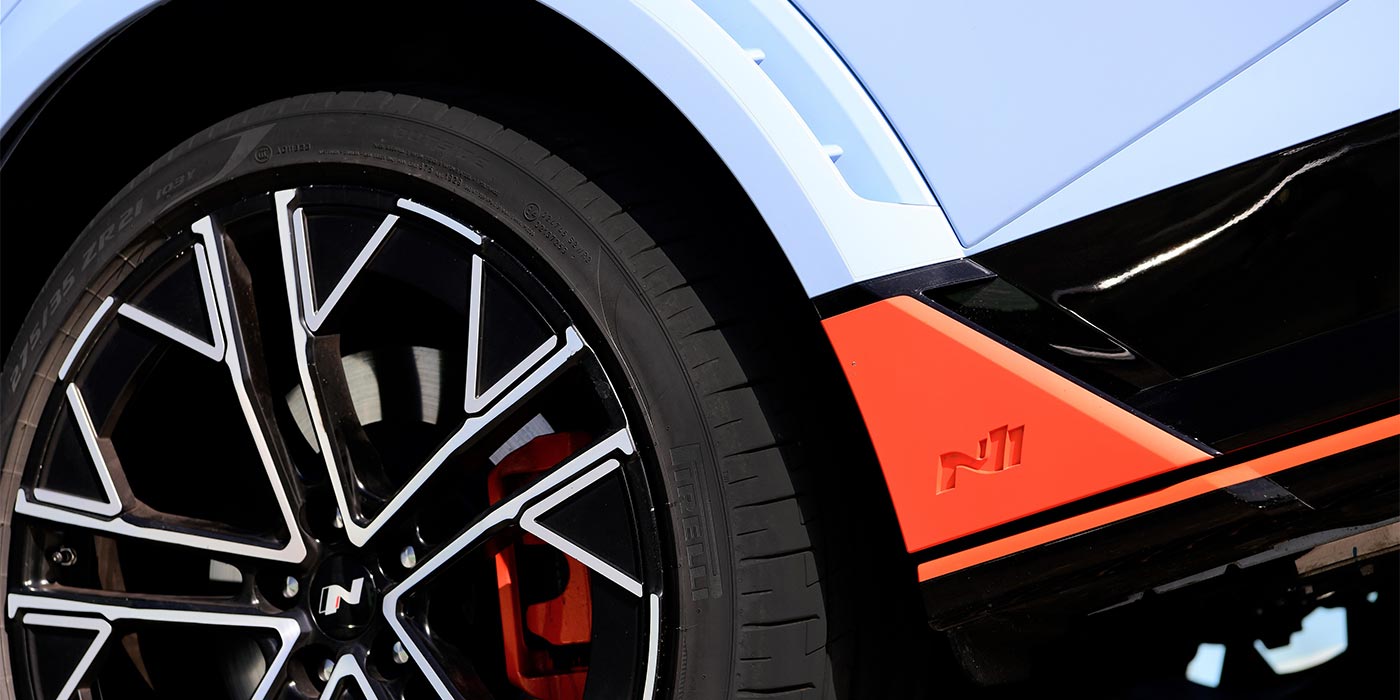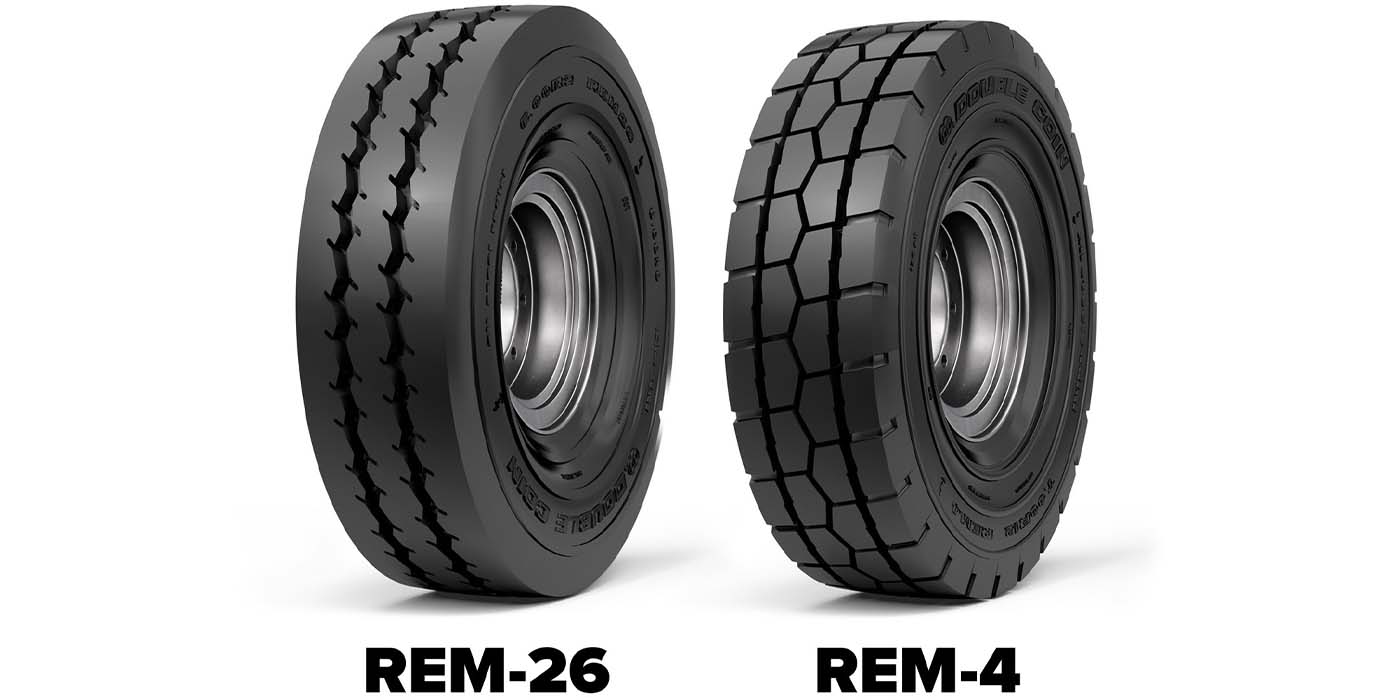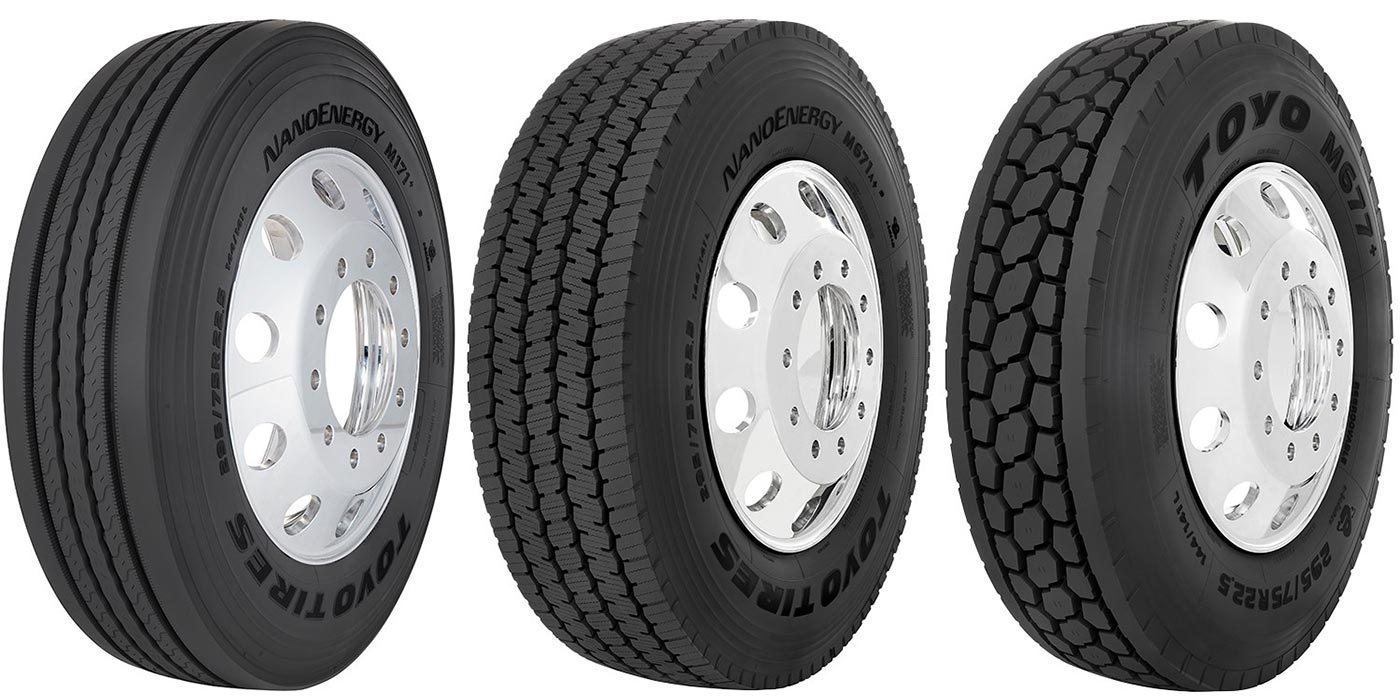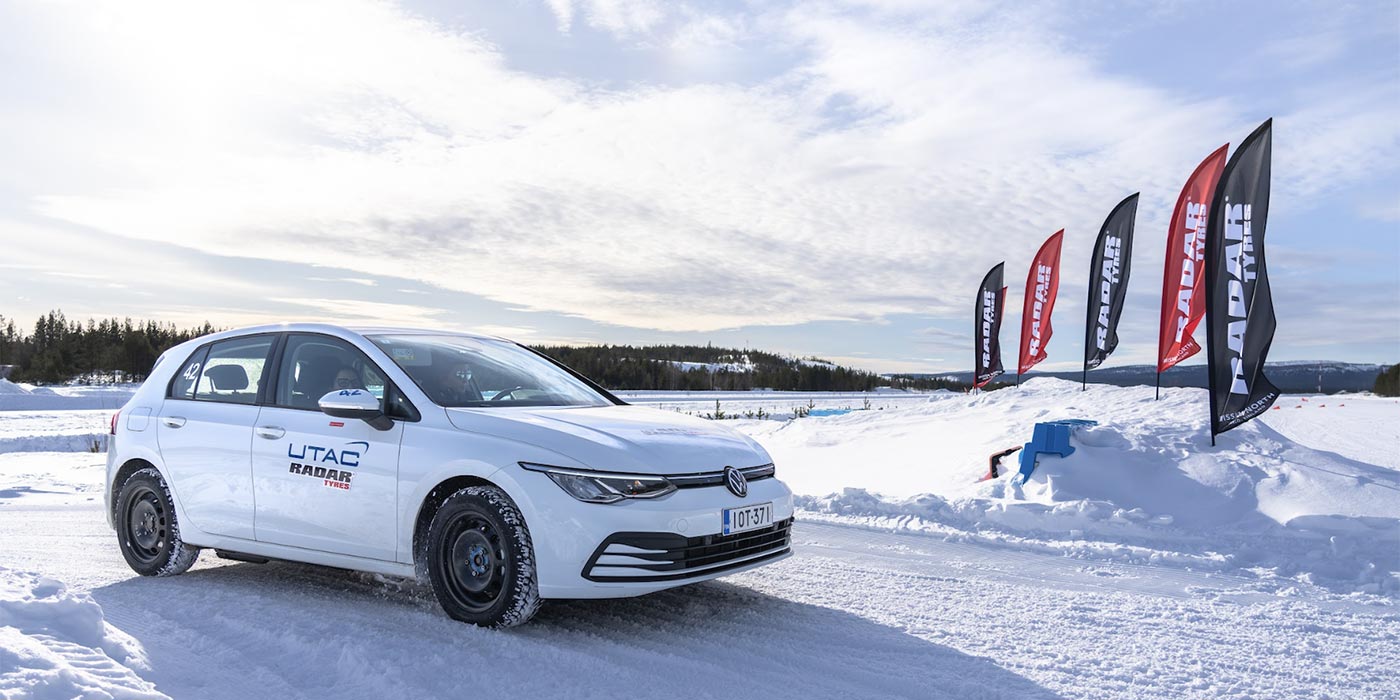Balancing Acts
You’ve just sold that $2,500 set of tires and wheels. Congratulations! Now you have
to make sure that the assembly is pro-perly balanced, or you’ll be seeing that customer more often – and for the wrong reasons.
Recently, I had an opportunity to sit in on a balancing clinic provided by Mike Kroll of Equipment Service and Installation. With a room full of both veteran dealers and newcomers alike, Mike enlightened everyone with tools, balancing techniques and procedures that applied to everything from an average tire/wheel assembly to dually truck wheels to 24-inch wheels and ultra-high performance tires.
Starting with the basics – stay with me, because this will really save you a lot of headaches ®“ make sure the mounting pad of the wheel is completely clean and free of debris. Make sure the balancer hasn’t accumulated any dirt as well. It takes only .002 to .005 inches (the thickness of a business card) to cause a "0" balanced assembly to be off by 1.5 ounces. Cones need to fit the shaft without any slack. If you haven’t inspected your balancer cones recently, you might be surprised how loose they are due to wear.
Now for a pop quiz: When you’re ready to balance the assembly, do you place a cone on the front or back of the centerbore? Look closely at the wheel. The front is flat and doesn’t even touch the vehicle’s hub. The rear of the centerbore is machined with a slight angle to allow the cone to center the wheel.
So the best procedure is to cone from the rear and use a flange plate adapter that will press against the lug holes and apply the same amount of pressure evenly around the wheel. These adapters are distributed by several companies, so check your local supplier for them.
Most of you have heard this all before. Now let’s look at not-so obvious balancing issues.
Bump-N-Grind
Balancers are extremely sensitive to vibration and movement. They "feel" movement in the assembly and calculate the amount of weight needed to counterbalance. In his clinic, Mike mentioned a dealer was having problems with balancing during certain times of the day. Applying the process of elimination, it was determined a train which ran directly behind the dealer’s shop, was the source of the balance errors.
Think about it. The vibration of the train – which came by on a regular schedule ®“ was the cause of the problem. How many of us have ever thought of this?
If you don’t believe me, try it yourself. Balance an assembly to zero. Spin it again but this time, lightly bump the balancer. What were the results? Mike did this demonstration on the class and you could have heard the proverbial pin drop. Over 50 people witnessed a balanced assembly come up asking for 1.50 ounces on the front and another 1.75 ounces on the rear, and all Mike did was tap the balancer with his hand.
How many of us have accidentally bumped the balancer while waiting for the readings to appear? Take it a step further. How many of us have a portable stereo or car stereo that produces a deep bass tone that could be detected by the balancer? Even a loud exhaust can be detected and cause a bad result.
Problem Trucks
How many of you are fighting a 3/4-ton or 1-ton truck and can’t get it to ride right? Mike explained that the centerbores on the newer trucks are not always cut true. Many are slightly egg shaped, so a cone won’t work to balance the assembly.
After a lengthy probe into the problem, a solution was found. It involves using a special two-sided adapter plate – in this case built by Coats ®“ that fits into the centerbore of the wheel (see Photos 1 and 2).
Using these plates, a specific procedure must be followed to make the assembly balance:
1. Remove the tire/wheel from the truck with the valve stem in the 12 o’clock position. Do this for either steel or aluminum wheels.
2. Put the adapter into the centerbore and place on the balancer. Tighten it up. Rotate the entire assembly so that the valve is in the 12 o’clock position. Loosen the wing nut slightly and let the wheel settle. Tighten back up and balance.
3. Return the assembly to the truck with the valve in the 12 o’clock position and securely fasten the lug nuts.
It sounds strange, but it works. One dealer at the meeting, Chris Fausak of Fausak Tire in Mobile, Ala., who owns a Ford dually, told me, "I tried everything. I changed the tires and balanced them more times than I can remember. After trying this, the truck finally rides smooth."
The next item to discuss is wheels that have a step bore (see Illustration 1). By this, I mean the rear centerbore is machined at one diameter, then drops to a smaller diameter just inside the centerbore. For this reason, a GM short cone was developed. It works on the large FWD GM cars (Park Avenue, Delta 88) and Chrysler’s LH and Concorde share similar designs, as do some aftermarket wheels.
If you see a step bore, make sure that your cones don’t touch these step bores or the mounting pad will not touch the balancer.
With the flange plate fingers, you’ll need an extra long set for wheels on Nissan Frontiers and an extra narrow set for some tuner style wheels. If you’re upgrading to a flange plate adapter, make sure that you replace the shaft. Many old shafts were tapered on the end to allow the cone to slip on easier. The flange plate adapter needs a shaft that is consistent in its diameter.
I hope that this opens your eyes as much as it did mine.
Note: Due to a error, the Davin wheel shown on page 42 of the February issue was mislabled. It is, in fact, Davin’s Revolution 4.1

